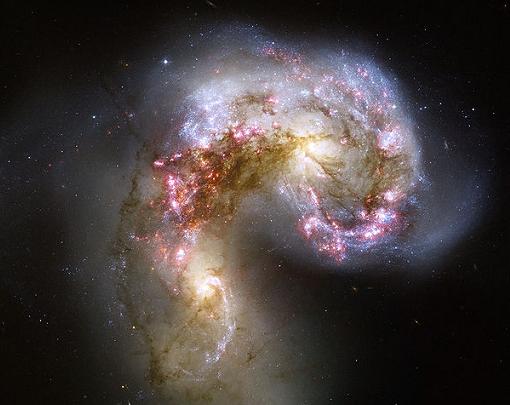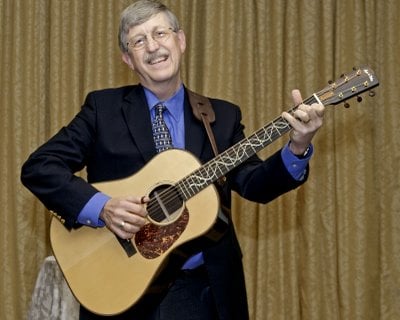
These are just some of the questions addressed by John Polkinghorne in an episode of the ABC Radio national program Encounter, which recently looked at how modern theologians are “transforming the dialogue between science and religion in meaningful and fruitful ways”.
Polkinghorne begins by discussing the “double mistake” of assuming that science deals with fact and religion merely with opinion:
“There are no interesting scientific facts that are not already interpreted facts, and to interpret what’s being measured you have to use theoretical opinions. Its conclusions are never absolutely certain but well justified.”
Similarly, he says:
“Religion isn’t just a question of shutting your eyes, gritting your teeth, and believing impossible things on some unquestionable authority.”
He maintains that the two sides share much in common, calling them “cousins” at heart.
Polkinghorne also discusses the apparent fine-tuning of the universe, as well as the multiverse hypothesis, which he claims is merely substituting a complex array of universes in the place of a divine creator. No matter the origins, however, Polkinghorne maintains that we do not live in chaos — a world full of sound and fury but void of meaning — but instead in a well-ordered cosmos. This order invariably leads us to question the existence of a creator.
In the full broadcast, Polkinghorne also discusses evolution, the idea of free will, and how God works in the world. The episode also includes a presentation by Michael Northcutt, a professor of ethics at Edinburgh University, on how religion can play a role is addressing the climate crisis.

